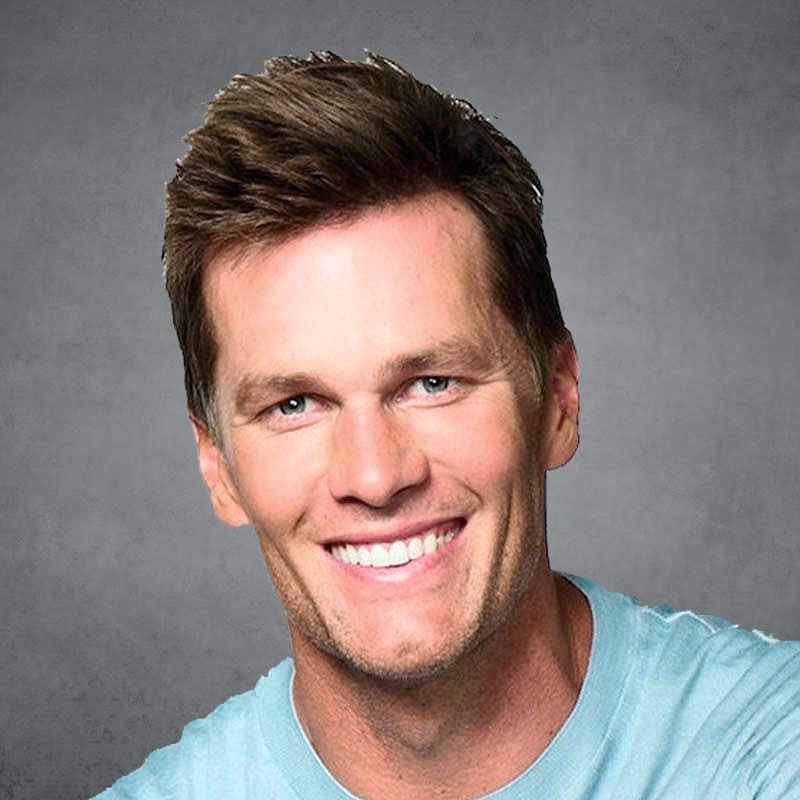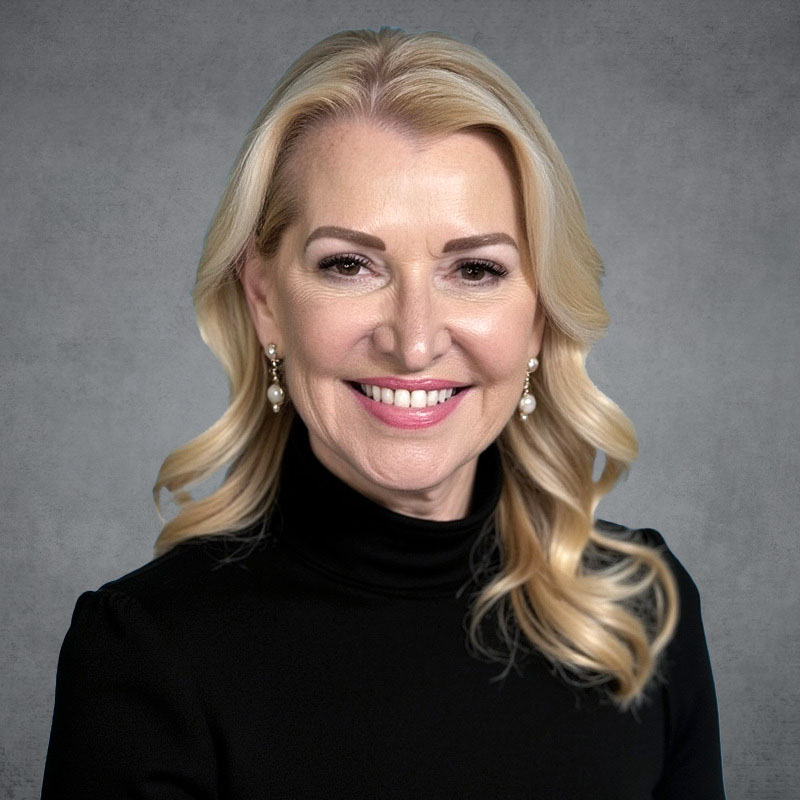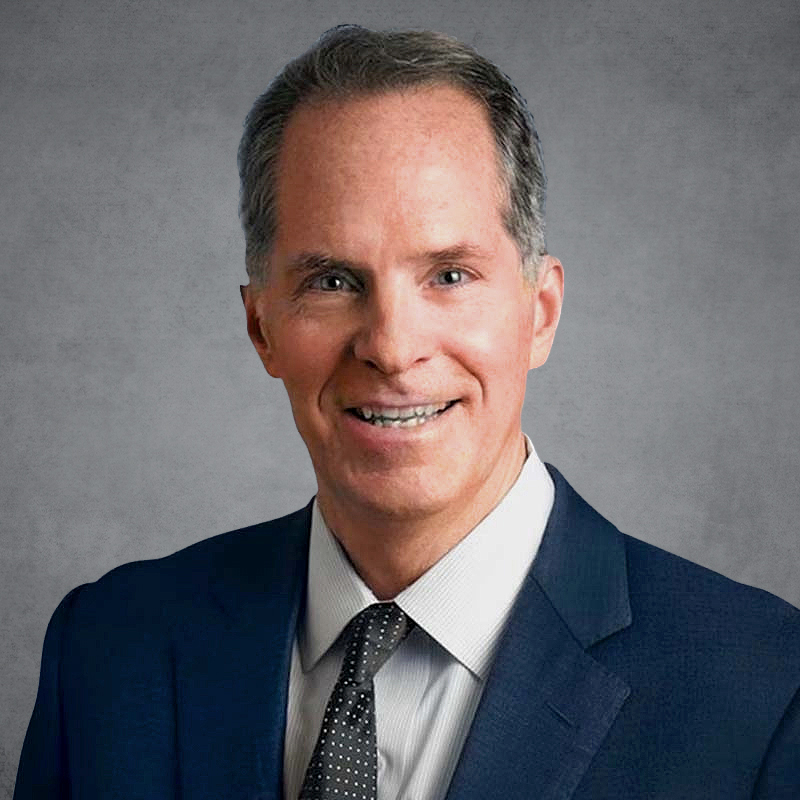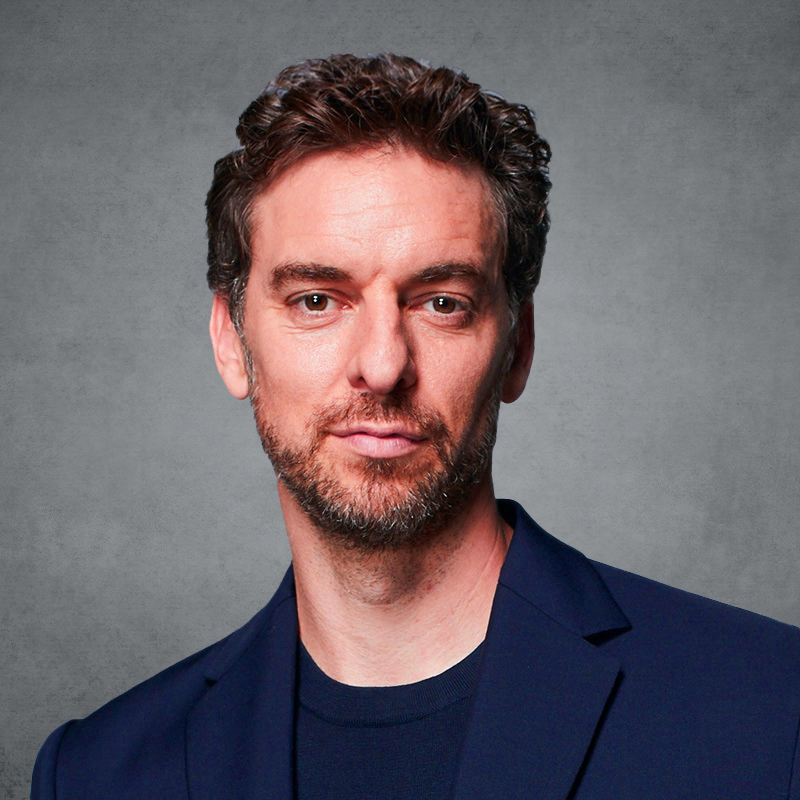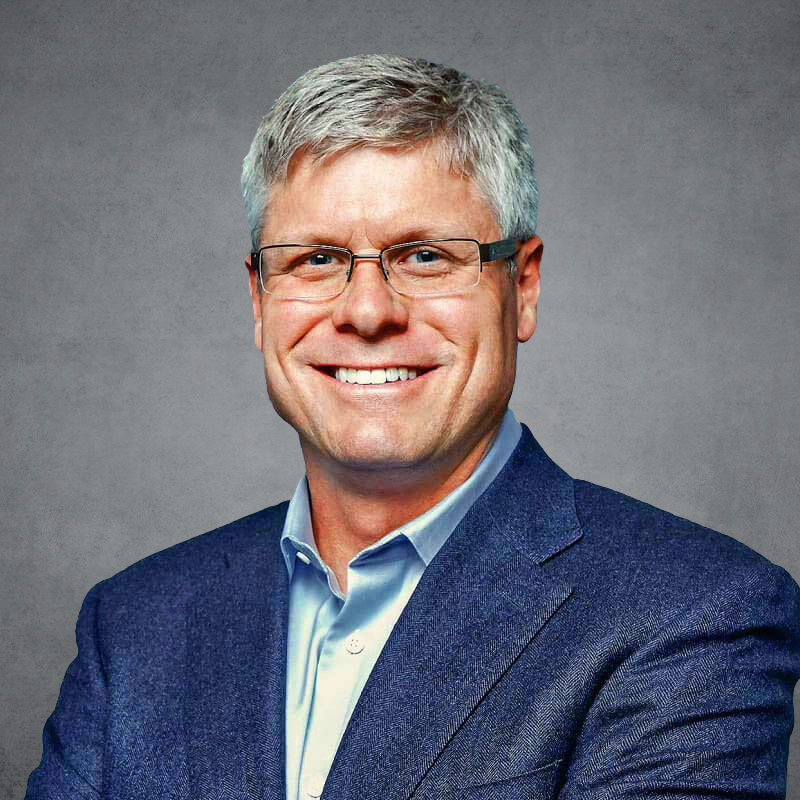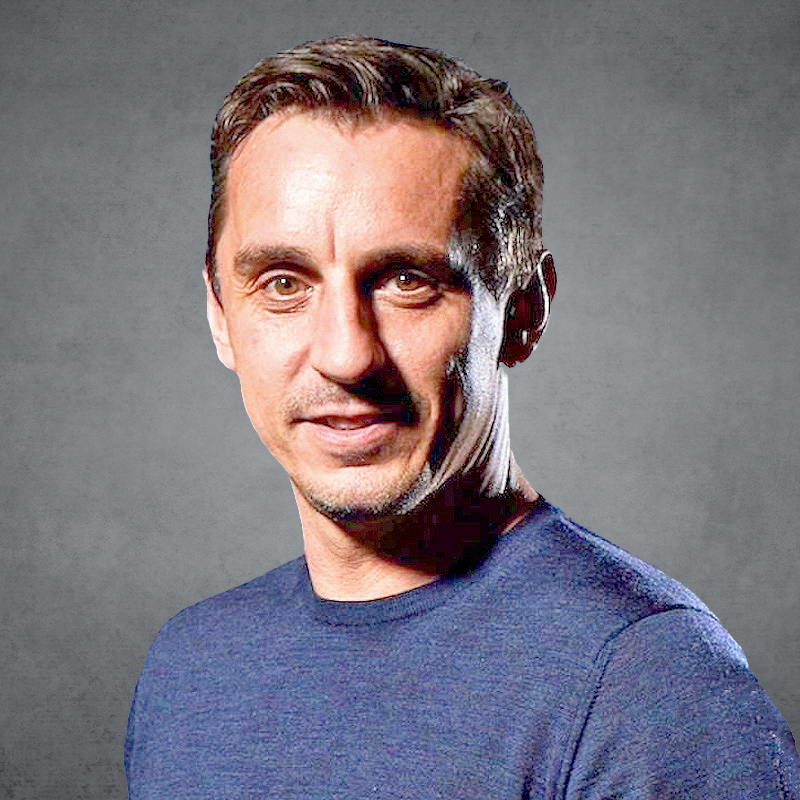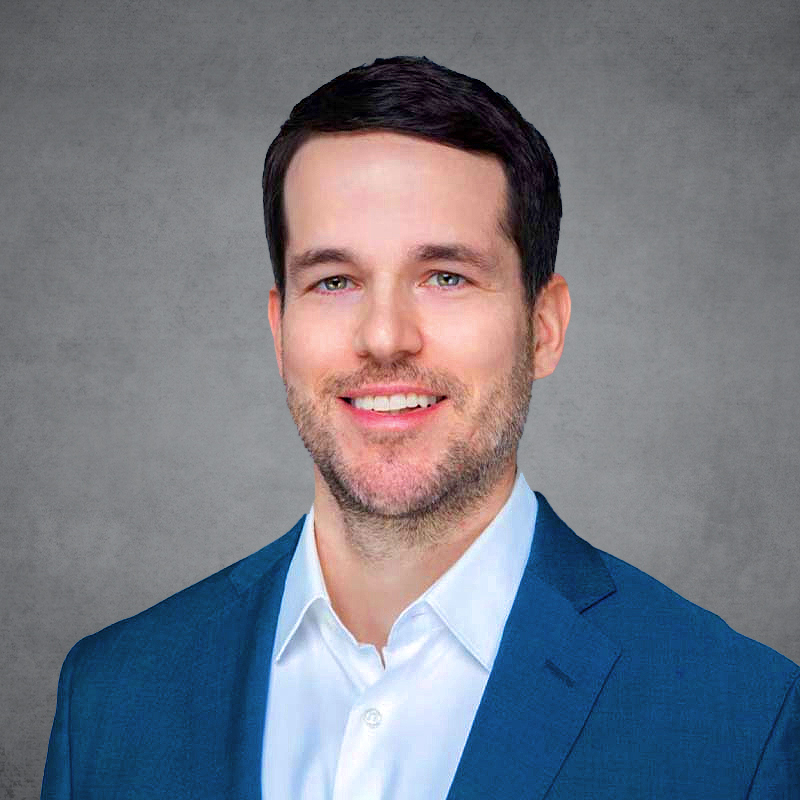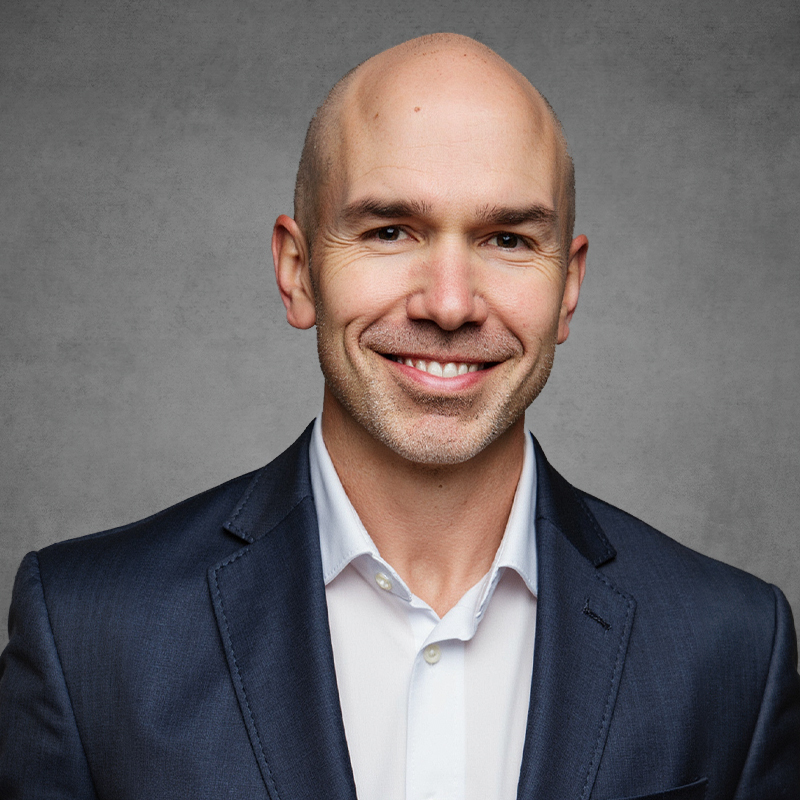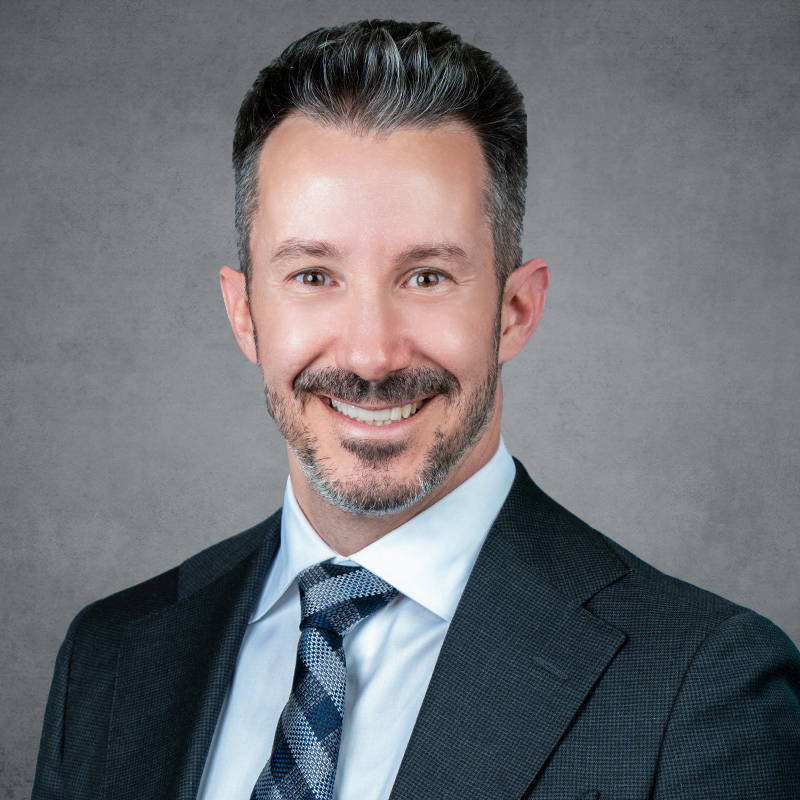Athlete to Executive: Translating Leadership Off the Field


Executive Perspectives
As an athlete, when I woke up each morning, I would take a moment to reflect on my upcoming day and try to prepare myself for whatever might lie ahead. This daily ritual helped me to settle into a frame of mind that allowed me to be at my best, both mentally and emotionally. I would look at the person in the mirror and remind myself of what I wanted that reflection to reveal: someone living with integrity and doing the best they could with the opportunities they had. As I’ve transitioned to my career beyond football, that credo remains the same, even as I’ve had to learn to play again and lead teams in new arenas.
Throughout this journey – from athlete to businessperson – I’ve had to be strategic about balancing new opportunities that are in line with my experience versus those where I’ve had to embrace new skills. A lot of this shift comes down to a willingness to greet new situations with humility and an open mind. That approach always includes asking questions, pushing myself out of my comfort zone and relying on the people around me to challenge me to be better every day and to grow at a faster pace.
What defines success is rarely black and white, because achievement can be measured in a lot of different ways, but throughout my life, my personal success metric has always boiled down to Me versus Me: Did I give my very best? Did I treat people the right way? Have I been a great teammate, parent, son, brother and friend? What can I do to be better? You see, success is not always measured financially or with a championship ring.
My journey beyond the playing field has meant translating the leadership skills I learned as a football captain and seasoned athlete to lead new kinds of teams working toward different goals. Fortunately, the core skills required to succeed in this new arena remain largely the same, and the leaders who are effective in capitalizing on these skills can bring a winning mentality to any organization (or team).

My journey beyond the playing field has meant translating the leadership skills I learned as a football captain and seasoned athlete to lead new kinds of teams working toward different goals.
- Tom Brady | Partner & 7x NFL Super Bowl Champion
Building Trust and Establishing a Team-Centric Approach
When you have been at an organization for a long time, you become one of the drivers of that culture and are foundational to the success of the business. The requirements for success shift because not only are you doing your job, but you are also trying to help others succeed. That means showing up with humility, a team-focused mentality and a strong work ethic to support those around you.
When you’re the example, you want others to look at you and be able to say that you were there early and stayed late, that you cared about your teammates, and that you worked toward the team’s mission every day. When you gain that trust, people will instinctually start to follow your lead, because they believe in your ability to help guide them and the whole organization in the right direction.
There is an evolution to this kind of leadership. Young professionals start their careers by doing their jobs the best way they possibly can. Then, when people see that they are doing well, they want to give that person more responsibility and see how they handle it. Finally, you get to a point where you develop enough trust in that person that they get elevated to an even bigger leadership role. There comes a point where there’s implicit trust that this person can do their job and you can give them a lot of freedom to be a leader in their own way. Everybody has their own unique process toward achieving success, however, universal values like determination and resilience really matter. Things don’t always come easily, and you’re not always given the most until you earn it. That’s the point – you have to earn it.
When I first started playing professionally, I had to gain the trust of my teammates through my work and through my ability to perform when it mattered. I had to say what I meant and do what I said to gain trust from people. When I did that, my teammates jumped on board because they could clearly see the direction they were going and could play their roles to support the journey toward success.
We don’t operate alone, especially in times of transition, and that’s why I’ve always been about teamwork. The camaraderie was why I fell in love with football at a young age. I worked hard to be the best where I had certain strengths, but I could also count on others to be the best in positions where they could thrive.
One of the things that I love about business is that I get to be part of a team of driven individuals working toward a goal. Developing these relationships so that we all work better together means we can grow our skills as individuals and our prowess as a team – and improve faster to achieve our goals. We all have our blind spots. We all have our quirks. We all have our flaws. But we also all have our strengths and the ability to contribute. We must surround ourselves with people who are smart, hardworking and who hold us accountable in areas where we are not as strong.
Helping Others Grow
I think it’s easy to get trapped by the mentality that if people work hard and hit a ceiling, then that’s the limit of their abilities. Unless we hold them accountable, a lot of people get stuck in this purgatory of mediocrity, never able to reach their full potential. The middle is a very comfortable place for people to stay, but it’s important as a leader to push those we lead out of their comfort zone, because that zone is only the lower limit of a person’s true potential and hidden greatness. The funny thing is, most people don’t know how far they can push themselves. And that’s the best part about team sports – finding people to push you to points you didn’t think you could reach. That is the true joy of teamwork.
I believe that every strong leader must be comfortable with providing honest and constructive feedback to those they lead in order to unlock the best performance. They have to work to understand the people they are leading and identify how to communicate effectively to best relate to them and build camaraderie. For example, I found the best time to share feedback with many of my teammates was after a win when their emotions were in a good place, and they could be receptive to comments on how they could improve.
If you are a leader, you need to be able to relate to those you’re working with and they need to be able to relate to you. You need to understand exactly what their motivations, fears and desires are to help them achieve their maximum potential. I’ve worked with a lot of different people over the course of my career, and I’ve learned that I need to vary my style of leadership depending on the circumstance. As the years have gone by, I’ve realized caring is one of the great aspects of leadership. Even when you have these big companies with thousands of employees, simple acts of kindness can help people understand that you really care. Don’t just say it, do it; it’s a cliché, but actions speak louder than words, especially in these sorts of situations.
Embracing New Opportunities
As I’ve worked to grow beyond the football field, I’ve had a lot of opportunities come my way – and all of these have involved the chance to flex the elements of the leadership skills that I developed as a quarterback and team captain. They’ve also been tremendous learning opportunities that have helped me to develop the new skills that will be crucial to finding success in future ventures.
For example, I’ve been able to join Delta Air Lines as a strategic advisor, a new kind of corporate partnership with a community-centric focus. In this role, I work with the CEO, Ed Bastian, and CMO, Alicia Tillman, to connect with leaders in the company and bring experience from my career on how I have achieved success. This role also provides the opportunity to create an impact for Delta’s customers, as well as internally with its 100,000+ employees. I’ve learned a lot from Ed, who is a tremendous CEO leading a truly incredible brand. It’s such an impressive organization – the technology, coordination and communication required to engage with such a large base of employees is impressive.
Bringing a Winning Mentality – Wherever You Go
I feel fortunate to be able to bring a unique leadership perspective to my business portfolio. The skills I honed as a professional athlete that served me during a long NFL career have helped me to continue to identify and pursue my goals and dreams post-football. And many of my proudest recent career moments have been about being able to share these learnings with others.
There is value in being able to pivot. Learning to play again – whether that’s in a new career, industry or venture – will feel like an uphill battle where you will make mistakes, but these hard lessons are the best teachers. Maintaining humility and an open mind are important, and I try to never miss an opportunity to learn from those moments so I can be a better businessperson and leader tomorrow than I am today.
As the famous Ralph Waldo Emerson quote goes, “It’s not the destination, it’s the journey.” As I leave one world behind and embark on this new journey, I’m excited to continue to grow and bring others along with me.
The views and opinions expressed herein are solely those of the individual authors and do not necessarily represent those of The Consello Group. Consello is not responsible for and has not verified for accuracy any of the information contained herein. Any discussion of general market activity, industry or sector trends, or other broad-based economic, market, political or regulatory conditions should not be construed as research or advice and should not be relied upon. In addition, nothing in these materials constitutes a guarantee, projection or prediction of future events or results.
